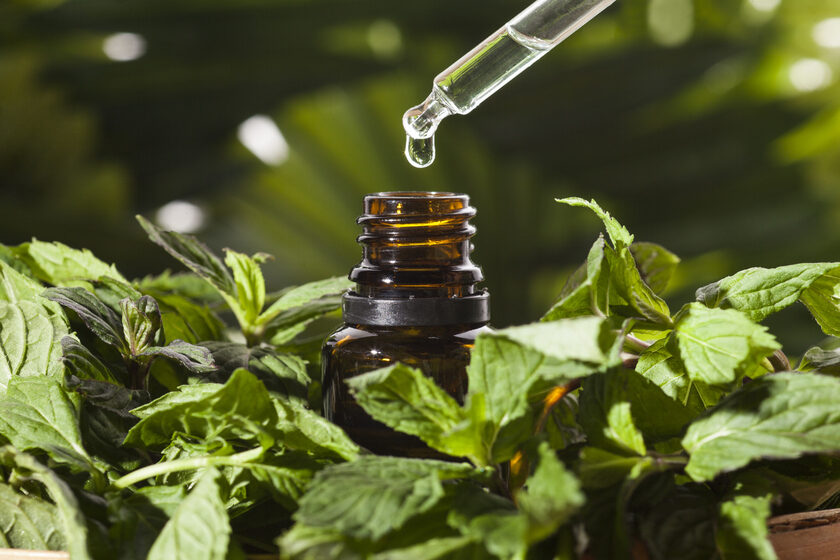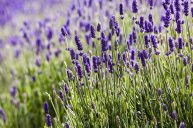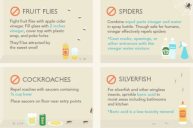Pesticides aren't the only solution for handling creepy crawlers in your garden. Peppermint oil is a natural repellant that's just as effective in preventing pests from invading your favorite plants. WideOpenCountry.com spoke with Lisa Steele, a Maine-based gardener and cookbook author, to find out more about the repellent favored by natural gardeners. Read on to learn more about the benefits of using peppermint oil spray to maintain your plants and produce. (Plus, we've included a DIY recipe to make it at home!)
Videos by Wide Open Country
Peppermint oil spray has a few potential benefits for home gardeners. This essential oil can keep bugs at bay, repel rodents, and even fight fungi. While it may not be a strong killer like pesticides, peppermint oil is powerful enough to effectively divert pests. It's also a safer alternative to pesticides. The latter could damage your plants, health, and the environment when used incorrectly. Additionally, peppermint oil leaves a refreshing smell wherever it lingers—for humans, at least.
Why Do Bugs Hate Peppermint Oil?
Most bugs—except for honeybees—can't stand the primary active ingredient in peppermint oil due to its biocidal properties, which is menthol. These properties point to peppermint oil's destructive relationship with certain living organisms. It particularly has repelling effects on insect, rodent, and fungal populations. The Federal Insecticide, Fungicide, and Rodenticide Act (FIFRA) even deems the essential oil exempt as a pesticide formula.
Bugs also hate the strong odor that comes from peppermint oil. "Many types of insects and garden pests including beetles, aphids, ants, and caterpillars don't like the smell of peppermint," Steele says. Mosquitos are another honorable mention. "So by either planting peppermint plants around the perimeter of the garden...or spraying the leaves of plants with peppermint spray, you can help deter bugs from eating your produce."
Will Peppermint Oil Spray Harm Plants?
It depends on the dosage. Some plants don't respond well to pure peppermint oil, such as tomatoes and radishes. However, most sprays are diluted with water and other active ingredients, creating a less potent formula. Your safest bet is to use a spray that's designated for home and garden use.
You should also use caution when using peppermint oil spray around other people—especially children. According to the National Pesticide Information Center (NPIC), there were a total of 14 reported human health incidents surrounding peppermint oil use between 1996 to 2016. One incident involved accidental inhalation while the other resulted from infant ingestion. Needless to say, you might not want to store the spray in a place where kids can easily access it.
If you have pets, certain spray formulas may be too toxic for your fur babies. Between 1996 to 2016, the NPIC received 12 additional reports of animal incidents related to peppermint use. While most were non-fatal, one incident led to a cat's early death from renal failure. This was due to exposure to peppermint oil mixed with cinnamon and lemongrass oil.
Whether you choose to purchase a ready-made formula or create your own, be mindful of its ingredients. Potential harm mostly comes into play when you mix peppermint oil with harmful active ingredients.
How to Make Your Own Peppermint Oil Spray
Making DIY peppermint oil spray is fairly easy. To create this natural pest repellent from scratch, Steele suggests "adding several drops of peppermint essential oil to a spray bottle of water." She notes that you could also steep peppermint leaves in boiling water and make your own peppermint "tea" to spray in the garden. Essential oils are stronger than the tea alternative, so Steele recommends adding "15-20 drops of essential oil in an 8-ounce bottle of water" and a "teaspoon or two of white vinegar" for best results.




